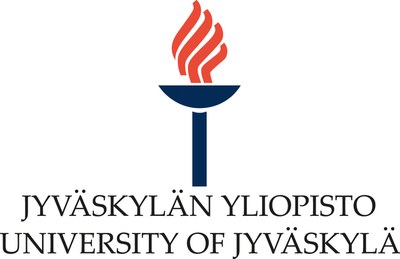The University of Jyväskylä (Jyväskylän yliopisto) is located at the heart of Finland. We are among the top 3 % of universities internationally. Ever since 1863, JYU has evolved into a dynamic a multidisciplinary university, where the latest research and high-quality education go hand in hand. Home to over 14,000 degree students and staff of 2,800, the university fosters a vibrant community dedicated to the study of learning, well-being, and natural phenomena. The Social Sciences and Philosophy department staff includes experts in migration policy, care policy, sociology of energy systems, media studies, citizenship, discourse analysis, industrial relations, and work-life balance, among many other areas. The Department of History and Ethnology studies the activities of people and human communities, their conditions, and consequences over time. Its current research areas include economic and business history, early modern moralities, crises, political cultures, health and well-being, the use of history, as well as sustainable development, and cultural practices
Institutions
The EGRUiEN consortium comprises academic partners, research institutes and intergovernmental organisations who represent excellence in the fields of twin transition, sociology of work, labour and industrial relations, collective bargaining, social dialogue, precarious work, migrant workers, active labour market policies, historical analysis, case studies, dissemination.
A consortium of 11 partners constitutes the inter-disciplinary team. The selection has been made according to the relevant knowledge of the institutions and the researchers involved in the project about the countries where the field research will be implemented as well as their expertise and networking that will enable them to cover all the fields involved in the research.
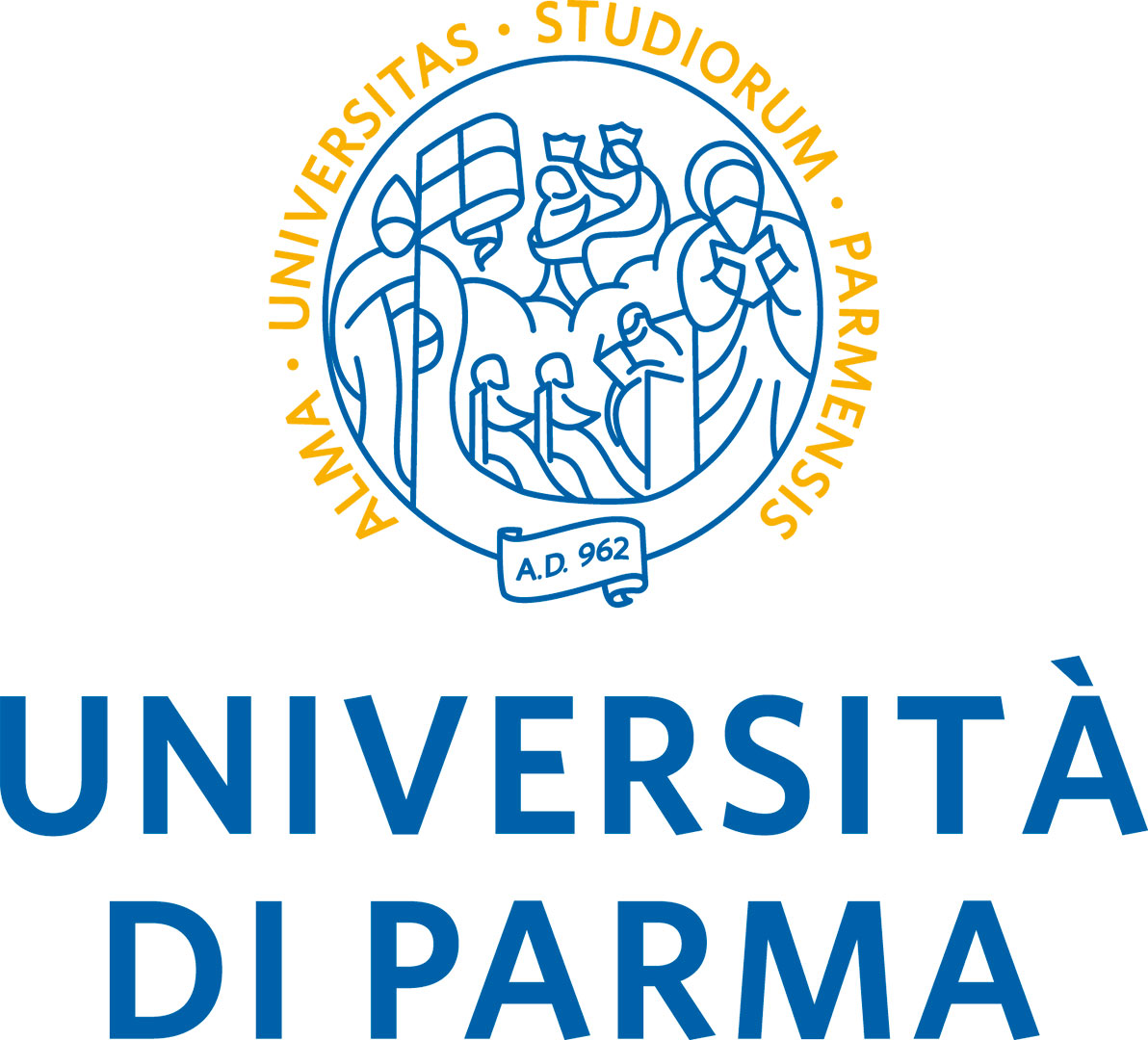
The University of Parma (UniPR, Università degli studi di Parma) has an enrollment of approximately 30,000 students and graduates over 5,000 alumni each year. It employs around 1,800 academic and administrative staff and is organized into 10 departments located across two main sites: the various campuses in the city centre and the “Parco Area delle Scienze” (Science Park) on the outskirts of the city. With a strong tradition and extensive experience in EU-funded research, UniPR is actively involved in the EGRUiEN project through an interdisciplinary team of sociologists and economists affiliated tot the Department of Economics and Management (DEM). In addition to EGRUiEN, DEM currently hosts two Horizon 2020 projects, two Marie Skłodowska-Curie fellowships, and one ERC Consolidator Grant. The UniPR team will provide the project with robust expertise in the socio-economic analysis of technological transitions and labour market transformations, with specific focus on employment relations, the labour market integration of vulnerable groups (especially migrants and asylum seekers), inequality, and globalisation. Within the EGRUiEN project, UniPR leads Work Package 8, which focuses on a comparative analysis of social dialogue in the context of the twin transition.
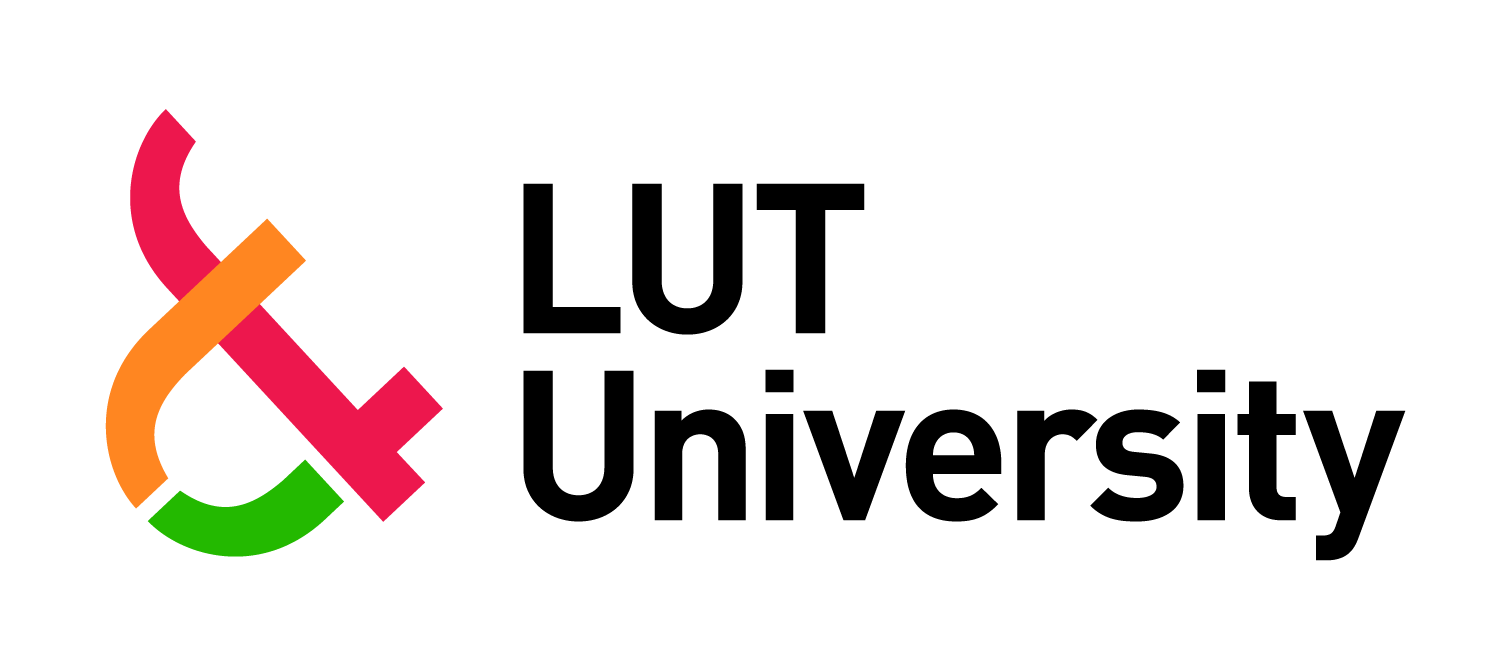
Lappeenranta-Lahti University of Technology LUT, better known by the abbreviation LUT University (Lappeenrannan-Lahden teknillinen yliopisto LUT) is a Finnish public research university which was established in 1969. The university's Lappeenranta campus is situated on the shore of lake Saimaa – the 4th largest lake in Europe. LUT University's second campus is in the Finnish city of Lahti. Clean energy, water and air the core research interests of the university and the LUT university is among the world’s top 10 universities in climate actions.The international community is comprised of 8 000 students. In 2023, the university started its first bachelor's programs in social sciences and in 2024 its master's programs in social sciences and communications sciences
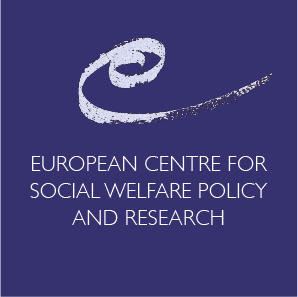
European Centre for Social Welfare Policy and Research (Europaisches Zentrum fur Wohlfahrtspolitik und Sozialforschung) is an intergovernmental organization in Vienna, Austria affiliated to the United Nations. Its purpose is to foster the collaboration in social welfare between governments, international organizations, and research institutions by providing applied social science and comparative empirical research, forging the evidence base for social policy making and mutual learning, and initiating future-oriented public policy debates.

Tallinn University (Tallinna Ülikool) and the Institute of International Social Studies (IISS) is affiliated at the Tallinn University is interdisciplinary social sciences research and development center which carries out both local and international research projects. Relying on the expertise of mostly sociologists, but also political scientists, economists, anthropologists and educational scientists, IISS focuses on a variety of topics related to social inequalitiesand stratification, especially in education and labour market.
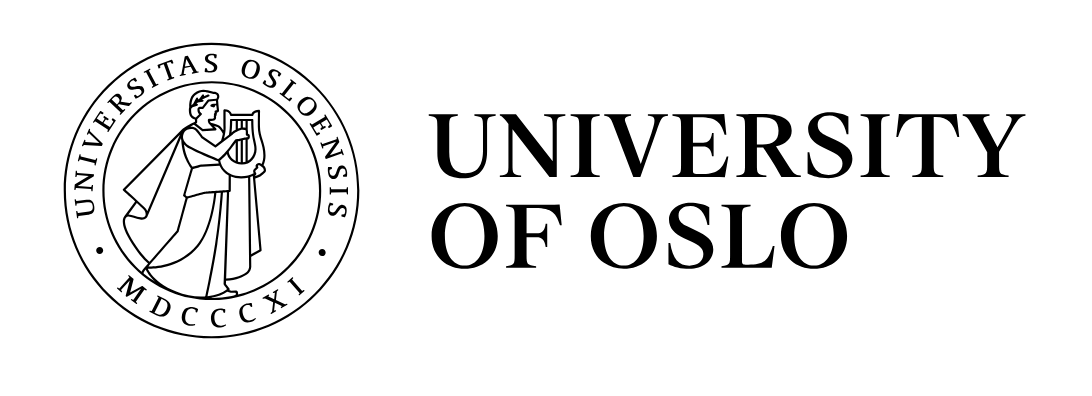
ARENA Centre for European Studies is a multidisciplinary research centre at the University of Oslo, studying the direction, dynamics and sustainability of the evolving European political order. The Centre has conducted research on political, economic, legal and social integration, transformation and cooperation in Europe since 1994.

The University of Wrocław has been operating since 1702 and is one of the oldest universities in Central Europe. We build on the historical heritage of Silesia and the legacy of Austrian, Prussian, Czech and Polish culture, continuing also the traditions of the Polish universities in Lviv and Vilnius. The university holds the title of Research University as the only university in Lower Silesia and one of ten in Poland.
All activities of the University of Wrocław are based on two fundamental values: truth and freedom of expression. The European character of an open and tolerant institution of higher education is emphasized by its geographic and cultural situation – on the borderland between Poland, the Czech Republic and Germany. Its mission is to conduct and promote the highest, top-quality research.

NOTUS is a non profit research association created in 2013. Our mission is to develop applied social research at the Spanish and the international level whilst providing support for key public and private actors (economic and social) involved in socially responsible and sustainable growth.
Our research activities are developed in the spheres of work and employment, education and vocational training, social policy, sustainable local development and new technologies with a focus on gender equality and social equity.
We work in collaboration with a wide range of institutional actors, mainly universities, administrations, public agencies, social partners and non profit organisations, at the local, regional, national, European and international levels.
We take a scientifically rigorous methodological approach with an interdisciplinary focus, using different and innovative methodologies to solve practical problems, add value to existing processes and create a comparative picture in Europe and beyond.
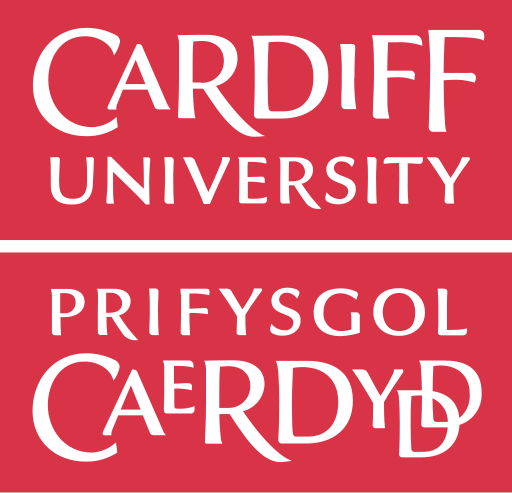
Cardiff University is a leading research-intensive institution in Wales, known for its academic excellence and global impact. As a member of the Russell Group, it is recognized for its strong research output, innovative teaching, and commitment to public engagement. Cardiff Business School is one of the UK’s top business schools, renowned for its interdisciplinary approach and emphasis on social and economic impact. It is home to world-class research in areas such as finance, management, and organizational studies, with a particular strength in industrial and employment relations. The school has contributed significantly to understanding collective bargaining, employer organizations, and labour market dynamics, shaping policy and practice at both national and international levels.

The University of Zaragoza is a public research and higher education institution with nearly five centuries of history, having been founded in 1474. As the only public university in Aragón, it serves as the main research centre in the Ebro Valley. With over 27,000 undergraduate students and a community of nearly 40,000 members, the University offers a comprehensive range of programmes across all fields of knowledge.
It maintains strong international connections through networks such as the Ebro Valley International Excellence Campus (CAMPUS IBERUS) and the European University alliance UNITA-Universitas Montium. The University has experienced significant growth in research capacity in recent years, positioning it prominently in national and international rankings. Its collaboration with businesses and organisations on innovative projects represents both a key strength and an ongoing commitment to societal progress.
GISCI: Exploring the Creative Potential Within Uncertainty
The Research Group "Society, Creativity and Uncertainty" (GISCI) at the University of Zaragoza was officially recognised by the Government of Aragón in 2020, though many of its members have collaborated since 2011 within previous research formations. The group approaches contemporary challenges through a distinctive lens -its "Precarious yet Creative Society" framework- that recognises uncertainty not merely as a source of vulnerability but also as a catalyst for creativity and innovation.
GISCI's work on platform and gig economy has become particularly significant, with major projects such as "Emerging Cultures of Mobile Precarity in the Digital GigEconomy" examining the food delivery sector in Spain. This Ministry of Science and Innovation-funded research brings together an international network of scholars to analyse how digital platforms are transforming labour relations and creating new social dynamics.

Central European Labour Studies Institute (CELSI) is a non-profit research institute based in Bratislava, Slovakia. Established in 2008, CELSI is a multidisciplinary research organization dedicated to understanding the complexities of labour markets and their role in modern societies. At CELSI, we provide valuable insights to policymakers, academics, and stakeholders, helping to improve labour conditions and foster better policies for inclusive and sustainable economic growth.
The vision of CELSI is to be an internationally recognized hub for cutting-edge research, and provisioning robust evidence for policy-making, and talent development in the broad area of labour studies. We aim to lead in building better labour markets by focusing on academic excellence, research integrity, innovation, and learning while supporting a community of labour researchers and policymakers committed to creating positive change. Beyond its academic and applied research capabilities, CELSI offers expert data services, encompassing data collection, processing, and analysis. Furthermore, CELSI hosts the Bratislava Office of the international WageIndicator initiative, overseeing data collection and analysis responsibilities.

